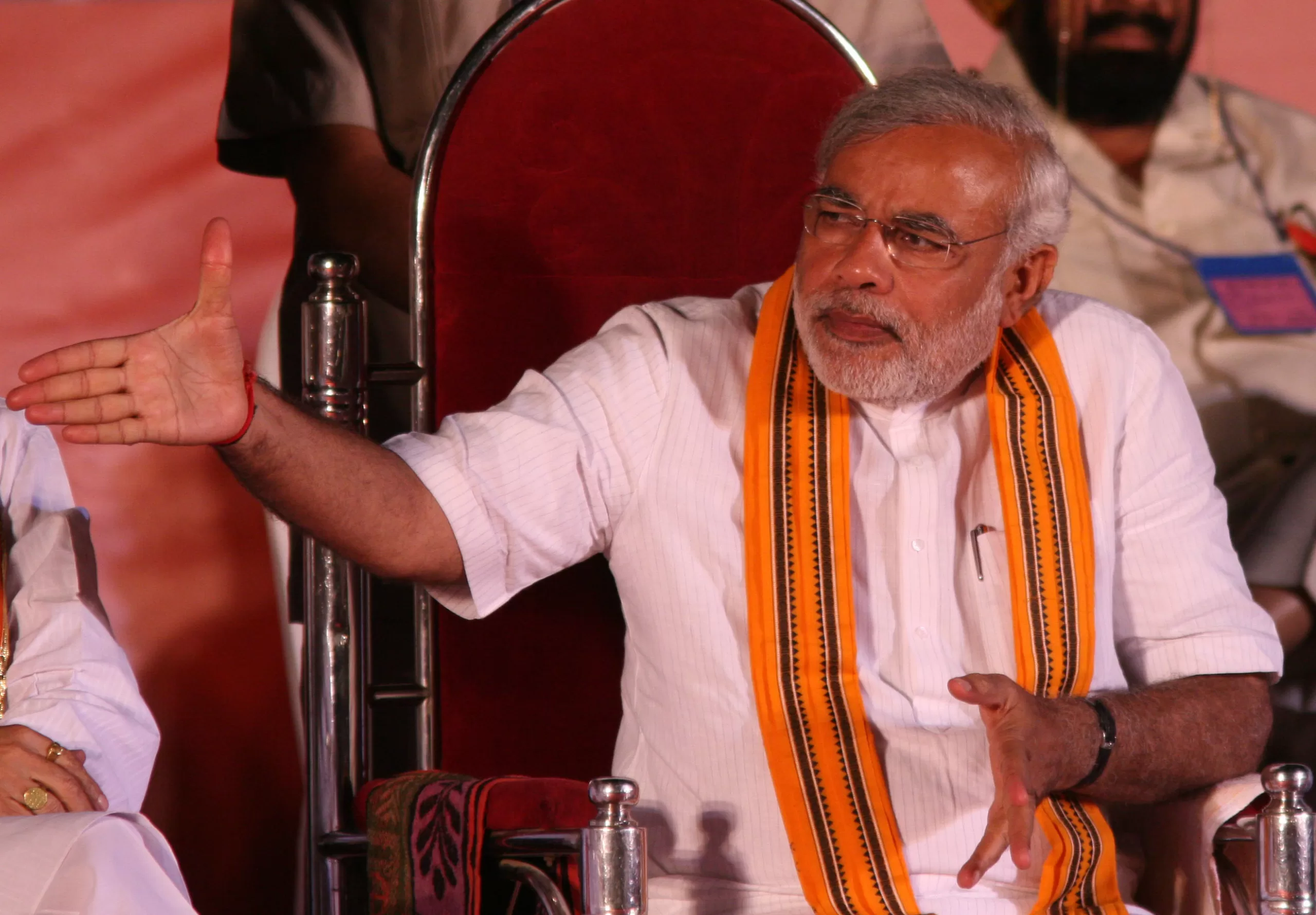
Photo: Instagram
Index on Censorship has expressed its concern over the unwarranted prison sentence of 34 years handed out to Saudi national Salma al-Shehab, who was a student at the University of Leeds in the UK at the time of her alleged crimes – tweeting in support of prisoners of conscience and retweeting statements of support of the Saudi activist Loujain Alhathloul.
Al-Shehab, who was studying for a PhD in oral and human health, was arrested on 15 January 2021 after going back to Saudi Arabia to spend the holiday with her husband and two children, Adam and Noah (right). It is understood she was planning to return to the UK with her family.
She was questioned for almost a year before being charged by the Specialised Criminal Court under various parts of the country’s Counter-Terrorism Law and the Anti-Cybercrime Law for “supporting those seeking to disrupt public order, undermining the safety of the general public and stability of the state, and publishing false and tendentious rumours on Twitter”, according to the Gulf Centre for Human Rights (GC4HR).
Al-Shehab was initially handed a six-year sentence last year but on appeal this was increased to 34 years, including a discretionary five years added by the judge. She has also been slapped with a travel ban for a further 34 years following her sentence.
The GC4HR says the sentence is the longest ever given to a peaceful activist.
Jemimah Steinfeld, editor-in-chief of Index on Censorship, said: “Index condemns the 34-year sentence passed on Salma Al-Shehab and calls for her immediate and unconditional release. The decision of the Saudi authorities to charge Salma for merely retweeting other people’s tweets while at university in the UK is yet another example of the growing trend of authoritarian governments to apply their draconian laws beyond their own borders.”
She added: “We fear we are sleep-walking into a situation where no one is safe from any law, no matter where in the world they are, and we call on the international community to unite in their condemnation of her sentencing. Using your voice to dissent should not be a crime, nor should supporting others who do.”
One of Al-Shehab’s supposed crimes was to tweet about prisoners of conscience and to retweet tweets relating to the Saudi women’s rights defender Loujain Alhathloul, one of six jailed people that Index supported in our 2020 end of year campaign. Alhathloul was eventually released in 2021.
In a pinned tweet, published on 30 August 2019, al-Shehab said, “I reject injustice, and support the oppressed…. Freedom for prisoners of conscience and for all the oppressed in the world.”
Loujain’s sister Lina Alhathloul, head of monitoring and communications for ALQST, an independent NGO established in 2014 by Saudi Arabian human rights defender Yahya Assiri, said: “This appalling sentence makes a mockery of the Saudi authorities’ claims of reform for women and of the legal system, and shows that they remain hellbent on harshly punishing anyone who expresses their opinions freely. Saudi activists warned Western leaders that giving legitimacy to the crown prince would pave the way for more abuses, which is unfortunately what we are witnessing now.”
The organisation said it feared al-Shehab’s sentence “may be the start of a new trend that the Saudi authorities will follow in the days ahead, as a mechanism for punishing all who criticise either their domestic or foreign policies”.
It added: “This is of particular concern now that normal diplomatic relations have been restored between Crown Prince Mohammed bin Salman and other world leaders, after having been strained since the murder of Saudi journalist Jamal Khashoggi on the crown prince’s orders.




